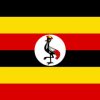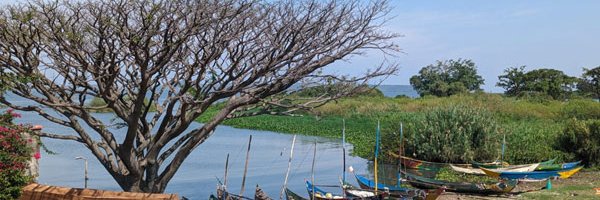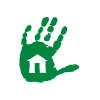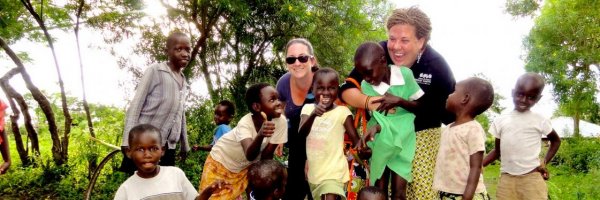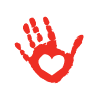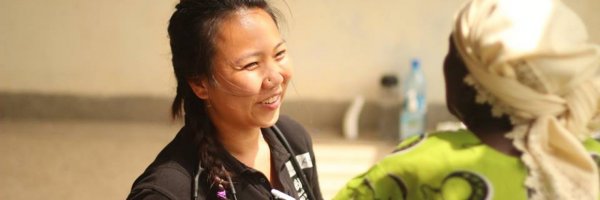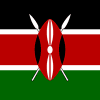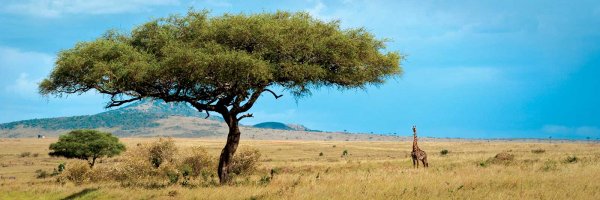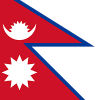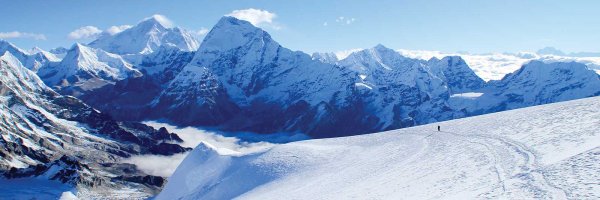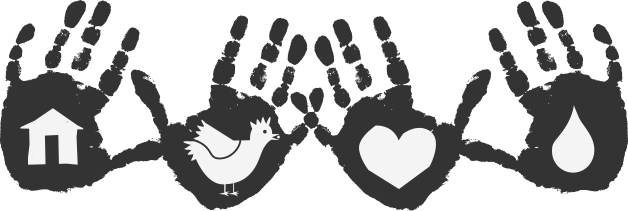Sarah, Nurses in Action Team Leader from January to March 2020, was based with her team of volunteers in Kenya when the COVID-19 pandemic started to come to light. As the Australian Government recommended that Australians abroad should return home, World Youth International immediately began working closely with Team Leaders across Kenya and Nepal to arrange the emergency rush home for all the volunteers, before countries went into lockdown. We thank Sarah for her dedication and leadership while on the program! Upon returning back to Australia, we asked Sarah to chat with us about her experiences of being a nurse, volunteering overseas, and the unforeseen sudden challenge she faced as a leader in an uncertain and constantly changing situation.
Why did you become a nurse?
I was seeking a career in which I have a sense of achievement while also enjoying the job and decided nursing offered everything I wanted – opportunities to travel, person centric and opportunities for ongoing learning.
What does it mean to you to be a nurse?
It is a great honour to be a nurse, especially in a critical care setting where patients often feel vulnerable and overwhelmed. To provide that connection between the patient and the procedure is a powerful position to be in, and one not to be taken for granted. It can be the best and worst day all in one when you are able to experience a group of individuals come together as a team and work to the best of their ability to save a person’s life or to support a family through a traumatic experience. What I love the most about nursing though is the acceptance of others and knowing that we all bring different experiences and skills to the job. The power of people to adapt and manage whatever is presented to them is very inspiring. Nurses are a unique group of people who develop and bond over stories and situations that most people would run from.
How did you become involved with World Youth International?
Having settled into life as a nurse, and feeling comfortable with the skills I had gained, I was looking for an opportunity to travel and learn more about the health systems in other countries and this is how I found the Nurses In Action program. The program offered everything I wanted for my first foray into international nursing. A taste of another culture – working alongside local staff and providing education to vulnerable communities.
What skills do you need to be an effective Nurses in Action Team Leader?
To be an effective team leader you need to have good communication skills, and you need to be adaptable. Prepare for the worst, and hope for the best.
How has leading the Nurses in Action program impacted your life or career?
Being a Nurses In Action Team Leader has enhanced my leadership skills and broadened my professional network. I was able to develop many skills on the program that I can utilise now back in Australia.
What was a highlight from your Nurses In Action program that you will cherish forever?
I will always remember the appreciation shown by the local community for our presence and support. The locals in the village of Odede where most of our time was spent are so welcoming and kind, and it’s the hundreds of small interactions and relationships formed on the program that make for such a memorable trip.
What was the most challenging experience you had during your program?
The lack of resources available to treat critically ill patients is heart-breaking at times, but resource allocation is a valuable skill and your priority has to be with the greatest good for the most people. Knowing what could be achieved in a western health care system can be difficult to rationalise, but being able to provide support to patients and families in these circumstances can provide some comfort.
You were in Kenya as the world started to experience the effects of the global pandemic. What was that like?
There was a clear sense of fear from the locals, they have already seen and suffered so much in the past. They are well aware of the limitations of their health care system and acknowledge that if there was an outbreak in their community, they likely would not have the equipment or capacity to manage it or recover. The atmosphere at the airports on the journey home was the strangest thing I have ever experienced; so many feelings around me of fear and frustration. Everyone had a story about the experiences they were leaving behind and concerns about the future, and the vagabond life that so many people are drawn to. It was a relief to make it home, and nice to spend my 14 days relaxing in isolation at home knitting some teddy bears to take to work once I returned to give to my patients.
You initially participated in a Nurses In Action program as a volunteer. Why did you decide to then become a Team Leader?
When I arrived back from my first volunteer experience overseas a few years ago, physically and emotionally exhausted but also full to the brim with new experiences and a deep love of exploring new places and cultures, I’d signed up to another placement when my plane had barely touched down. Once we realise the benefits of volunteering, we can also find it’s an activity which can quickly become addictive. Helping others at home or abroad improves our lives as much as theirs and finding meaningful work to do while travelling the world is a true privilege.
~
In World Youth International’s 30+ years of supporting Australians to travel internationally for meaningful volunteer placements, more than 3,800 volunteers have participated in World Youth International volunteer programs working in developing countries to provide basic needs such as education and healthcare.
Would you like an ALL EXPENSES PAID TRAVEL OPPORTUNITY? Like Sarah, you too can lead an amazing team of Volunteers in our Nurses In Action program when we aim to resume, from March 2021! We are currently recruiting Team Leaders to travel throughout 2021.
Team Leaders must have the following credentials:
- be a qualified RN (no less)
- have previous overseas travel experience (travel to Kenya or Nepal preferred)
- hold a current passport valid until December 2021
- have previous team management/leadership experience
- have previous experience managing a budget
All expenses including training, flights, visas, vaccination allowances and in-country expenses will be covered as part of your package. A CPD training certificate and a personalised reference will be provided at the completion of your program.
In order to apply, please send a CV and cover letter addressing the above to Terry Hoey at [email protected]. Please note that no further action will take place until we are clear on the government's plan to reduce travel restrictions to Nepal and Kenya. Your file will be kept on record until we are ready to start our recruitment process again.
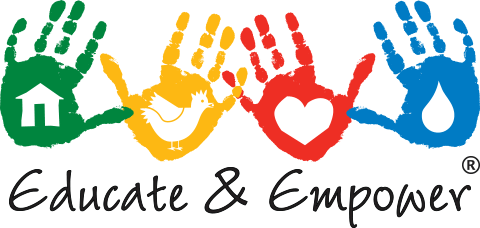 World Youth
World Youth
